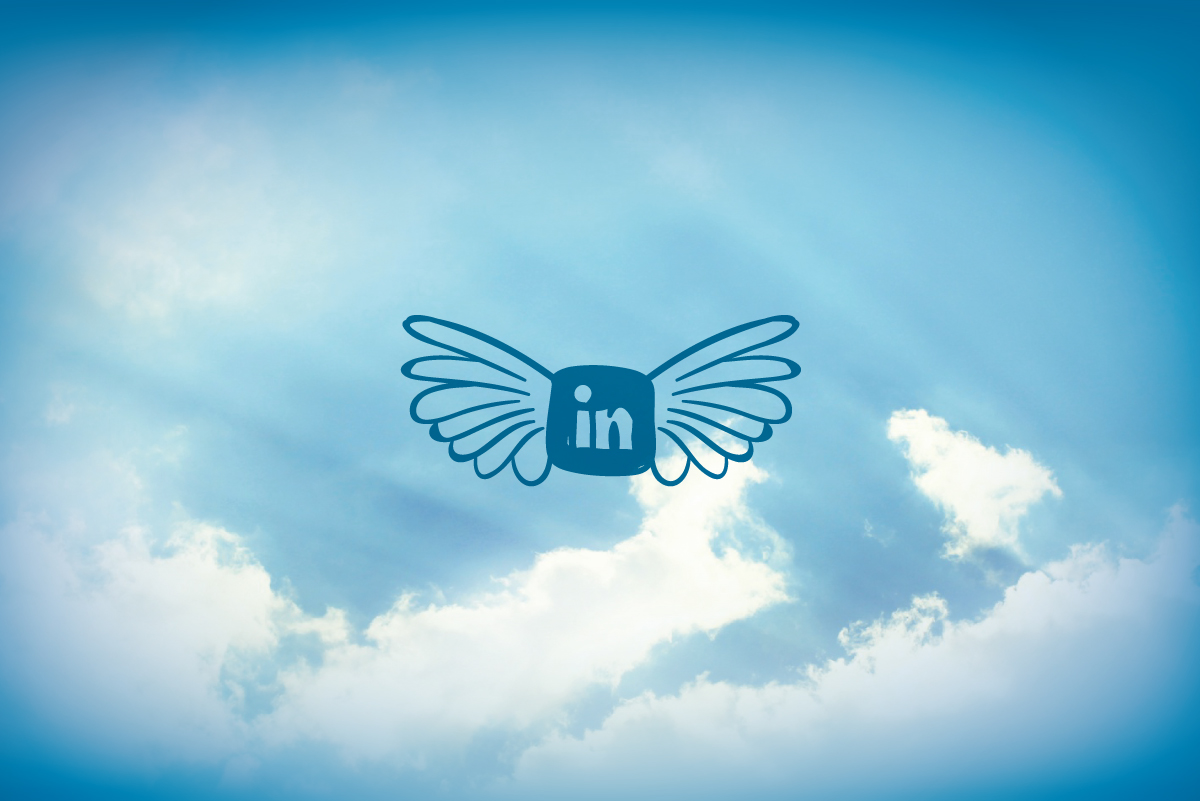
Is it really RIP LinkedIn or can it be resurrected?
- by gmashworth
- in Miscellaneous
- posted June 20, 2016
I’ve seen a surge of #RIPLinkedIn posts lately from users worried that LinkedIn is becoming more like Facebook. I’ve personally become more active on LinkedIn in recent years, especially after relocating from the UK to Botswana. I use the platform to build a professional network, explore opportunities, and raise awareness about my services.
So, is LinkedIn really becoming the new Facebook?
There’s some truth to the concern. Much of the content now feels repetitive and uninspiring—motivational memes, brainteasers, selfies, and recycled quotes from Richard Branson flood the feed. We’re seeing posts about birthdays, marriages, and even the passing of loved ones. And yet, thousands engage with these posts. So, are the skeptics in the minority?
To an extent, LinkedIn encourages this behaviour. It suggests posting frequently to reach your audience. As a result, people post just to stay visible, ironically fading into the noise with forgettable, recycled content.
This trend isn’t limited to individuals—companies and agencies have joined in too. Recruitment posts like “We have jobs in Dubai. Comment if interested” make little sense. Who’s reading through thousands of comments? What’s the goal?
When even birthday posts go viral and garner an incredible number of reactions and comments, it’s hard not to jump on the bandwagon. But quantity shouldn’t come at the expense of quality.
New generations, new habits
We must also acknowledge the new generation of professionals who live their lives online—personally and professionally. They’re progressive and unconventional, and they bring energy to LinkedIn. But a subset of this group blurs the lines between personal expression and professional presentation. Think peace signs and overly casual selfies as profile pics—or photos that would be more appropriate on a dating app.
Is LinkedIn’s format falling behind?
Basic features on the platform seem neglected. Profile headlines can say anything—like Facebook status updates. LinkedIn even recommends vague, inflated titles like “visionary entrepreneur” or “information architect,” which can feel meaningless.
Finding connections is also more tedious than it should be. The “People You May Know” section is filled with incomplete or inactive profiles. Why aren’t key fields like job title and company name mandatory? Why can’t we filter connections by location or profession? Another bug-bear are people who call themselves specialists and experts, which I don’t feel it’s something you should call yourself, but rather a title bestowed upon you by your peers. Many of those guilty of this appear rather youthful, they haven’t been in their profession long enough to have specialised or gained a high degree of expertise.
I even suggested a feature: flags on profile pictures showing where a user is from and currently based. It would make discovery more intuitive.
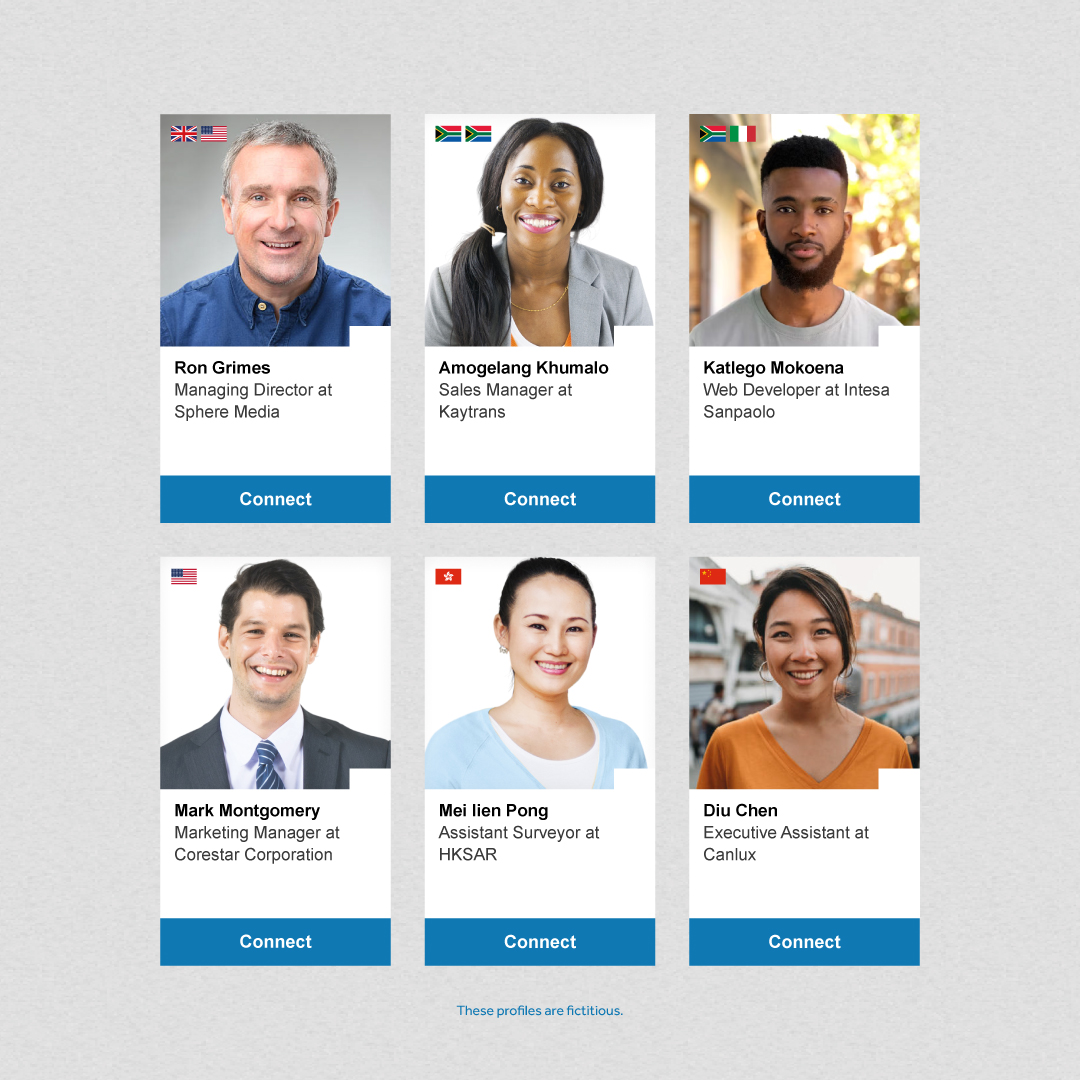
The endorsements problem
Skill endorsements are another oddity. People I’ve never worked with or had any sort of collaboration can endorse me for skills they can’t verify. It’s flattering, sure—but also strange. Why can’t endorsements follow the same process as recommendations, linked to a specific role and time period?
What is LinkedIn really for?
The brand is strong, but its purpose feels increasingly vague. Do people join just because everyone else is on it?
Personally, I still log in every day hoping to build meaningful connections—not necessarily for business, but for genuine engagement, professional or otherwise. Yet only a small percentage of my connections have ever interacted with me meaningfully. Messages I’ve sent months or years ago have been viewed, yet still await a response!
Still, I believe in the value of real engagement. Business can be informally formal—strong relationships often lead to good opportunities. I’ve gained some excellent clients through LinkedIn, though Facebook has been just as effective—if not more so—for generating awareness. Although the Facebook market is not my target market.
So, is it really RIP LinkedIn?
I don’t think so. But we need to re-engage with the platform’s original purpose. We can draw inspiration from Facebook’s user experience, but we must avoid adopting its culture wholesale.
Let’s rediscover what LinkedIn was meant to be—and help shape what it still could become.
“I don’t aspire to become LinkedIn famous. I simply want to use this networking platform for what it’s worth. And lately, it feels like it’s worth a lot less to normal folks trying to advance their commercial endeavors.”
Quote Source: A LinkedIn article published by James Mitchem, Digital Marketing Consultant.

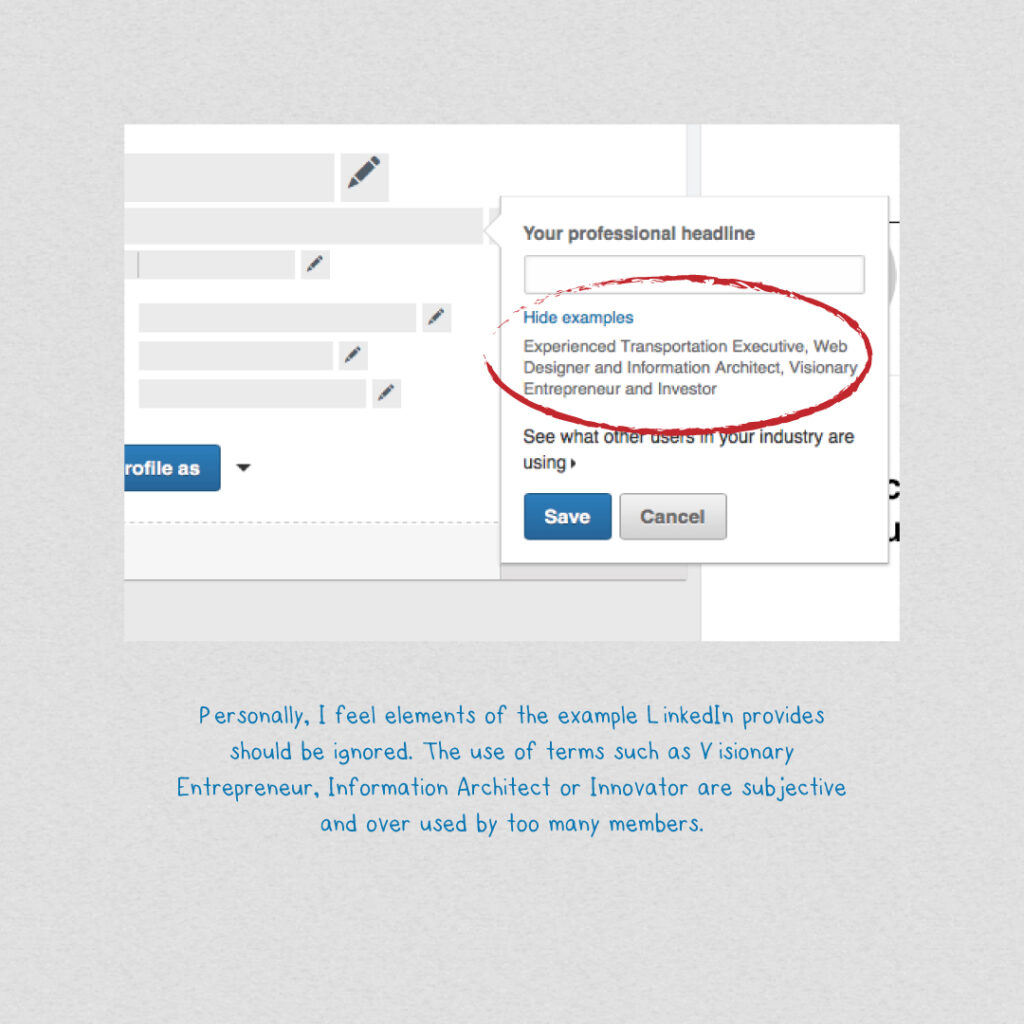
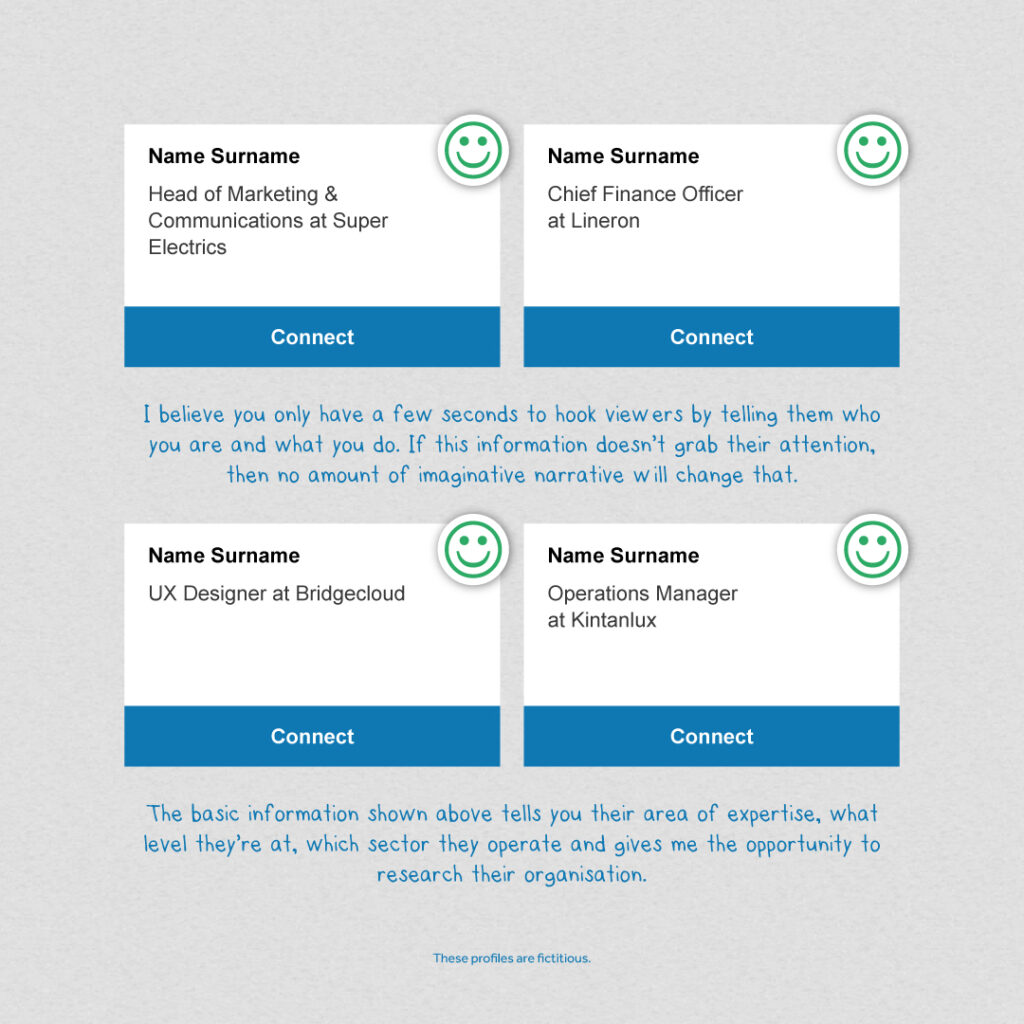
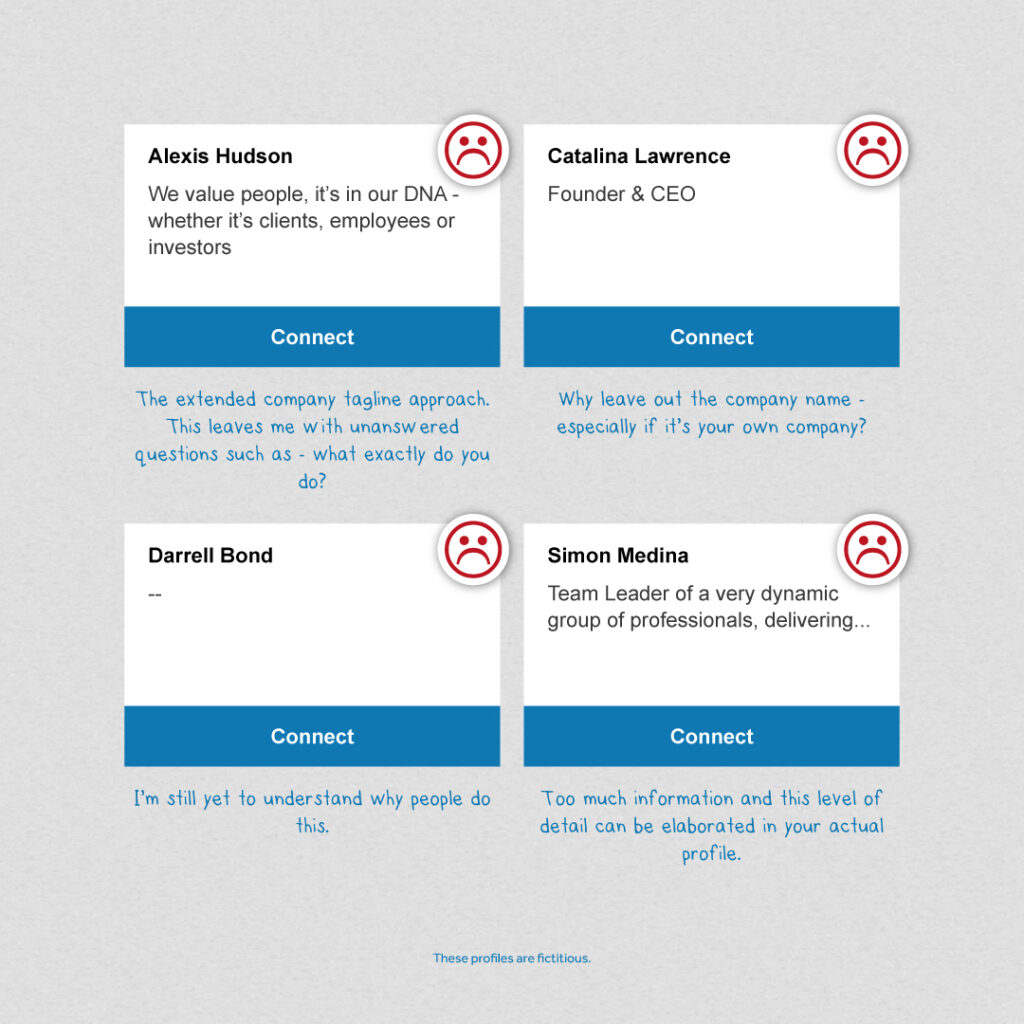
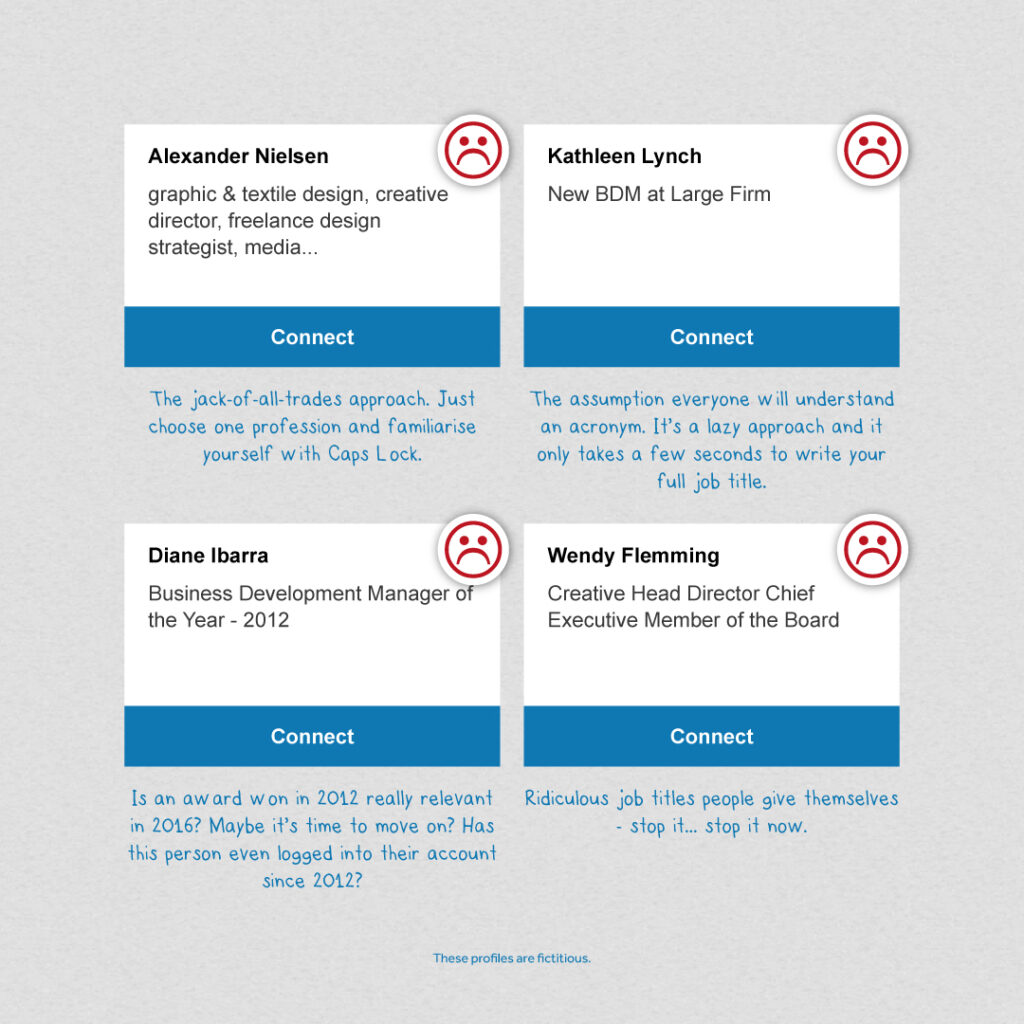
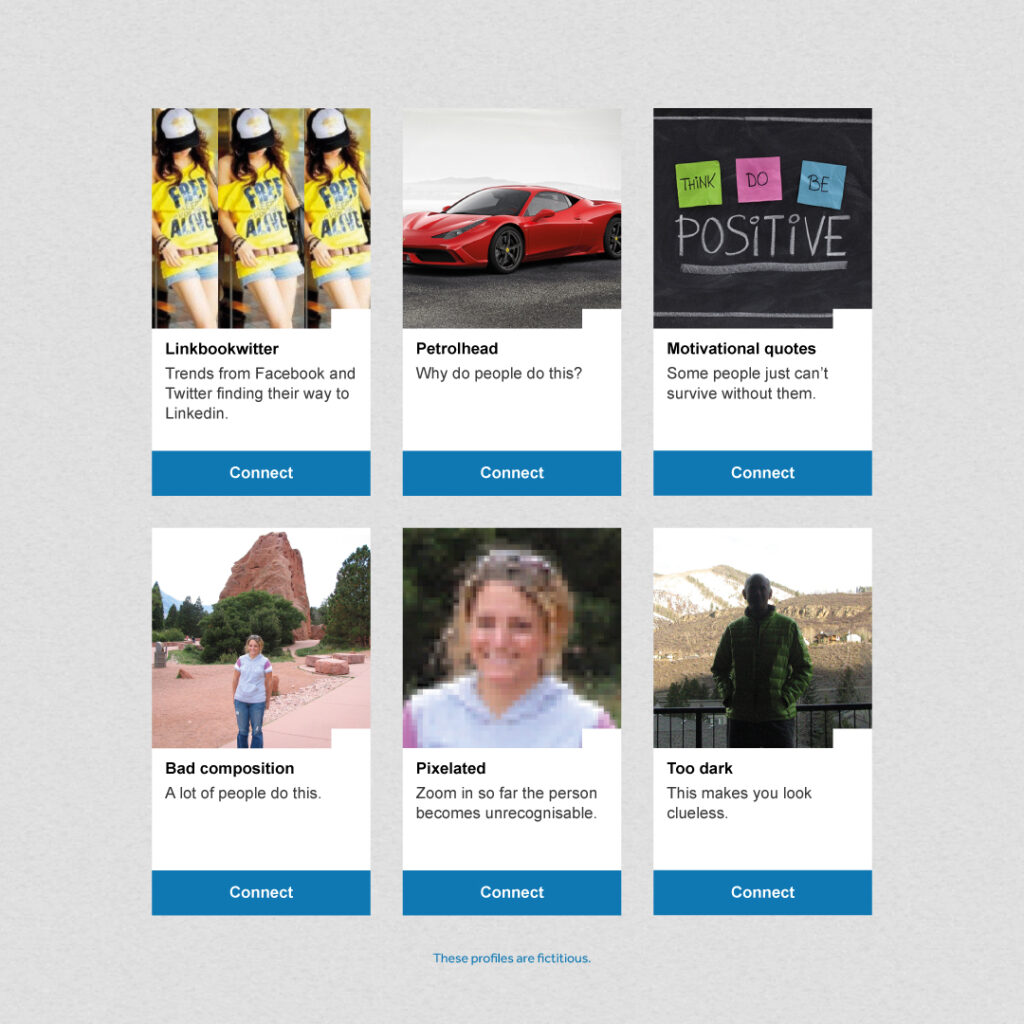
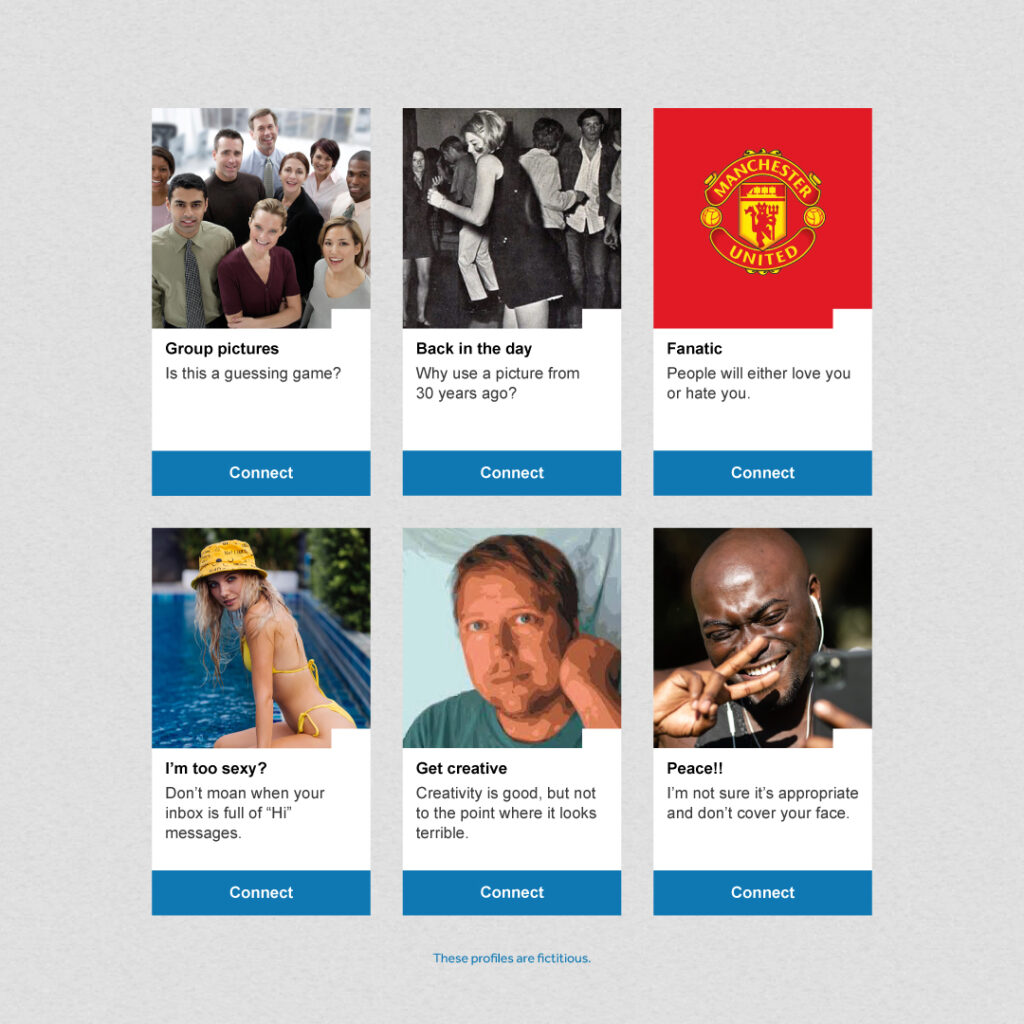
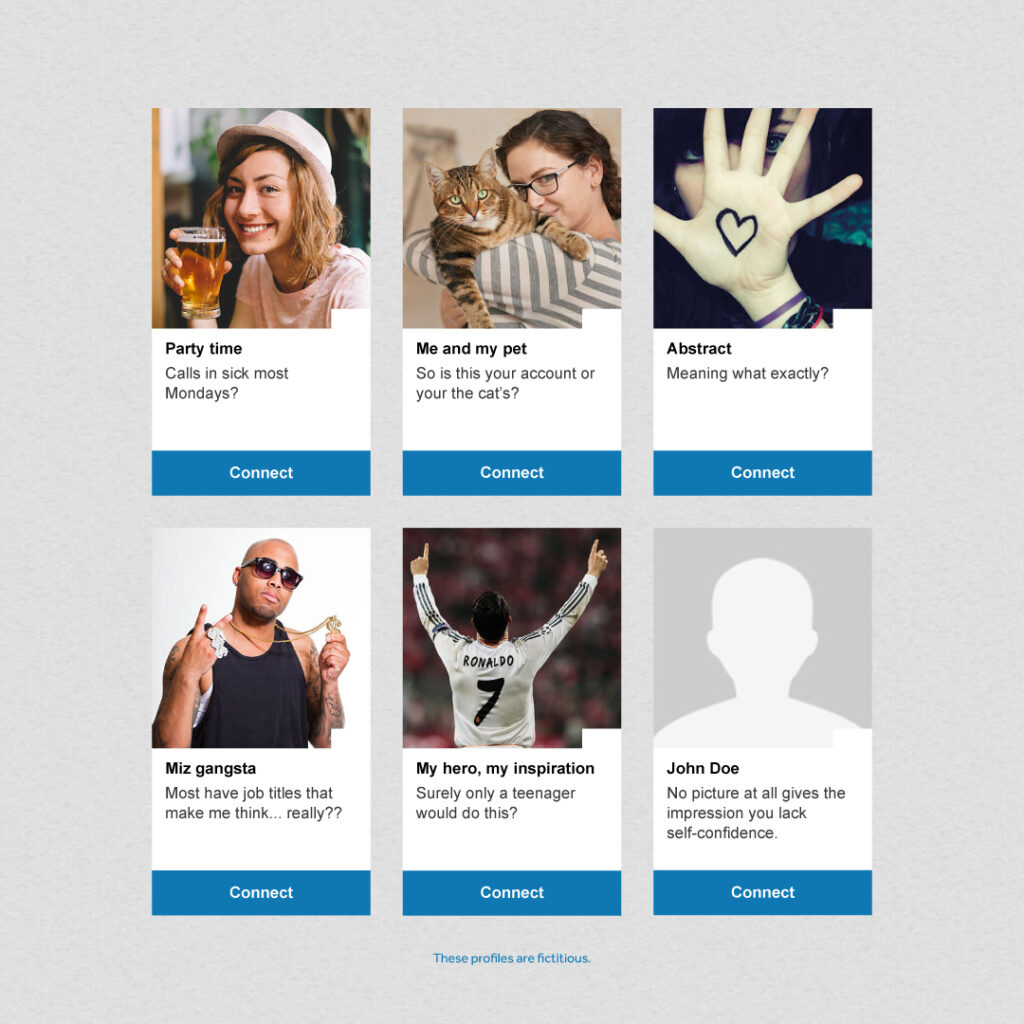
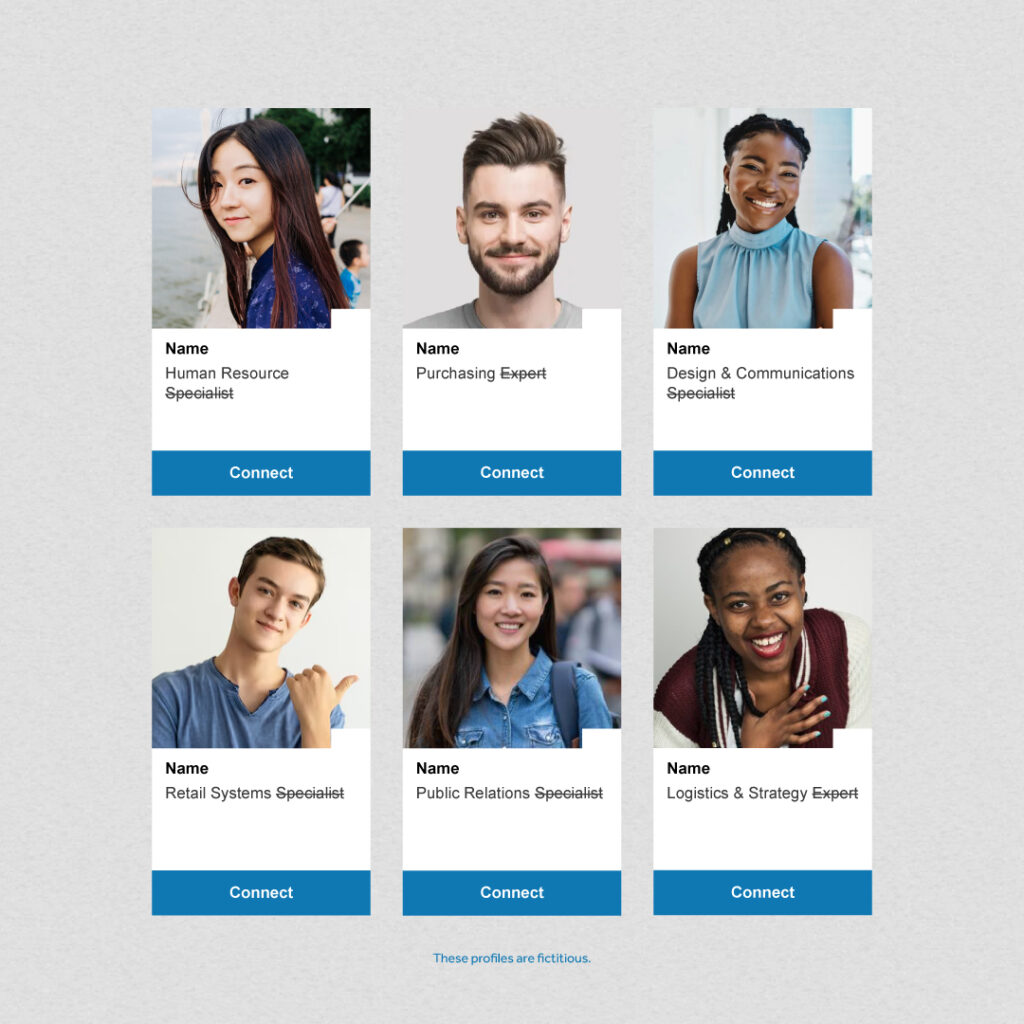
Comments
Cathal
November 11, 2019 at 10:48 pmHi mate, what you want to say in this article, in my view, is in fact remarkable.
Skyla
November 12, 2019 at 11:09 amI cannot find your e-mail subscription link or e-newsletter service. Do you have any? Please allow me to subscribe. Thanks.
Emory
September 17, 2021 at 3:14 pmNice post. I continuously check this blog and I am impressed! Very helpful information especially the last part 🙂 Thank you and good luck.